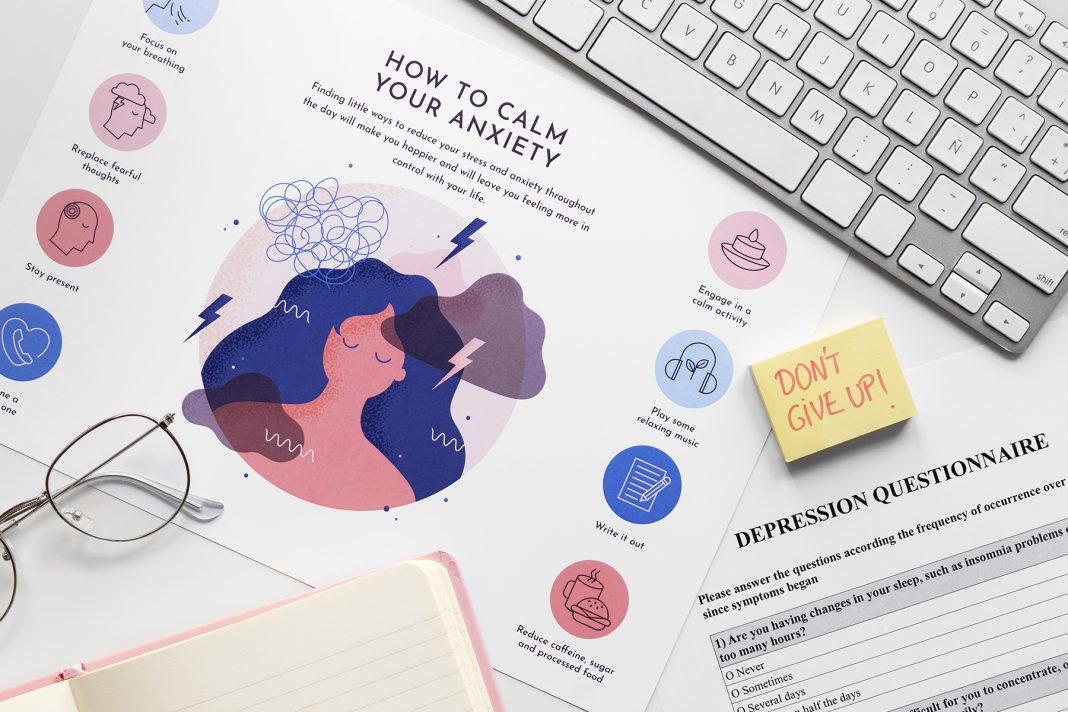A new picture of the mental health of the industry is emerging from the latest survey by the Double Glazing & Conservatory Ombudsman Scheme, with stress, anxiety and depression still worryingly and only depression showing any significant improvement.
The findings come in a second survey from the organisation https://www.the-glazine.com/?p=12358 following on from the first poll when the campaign was launched in 2022 to tackle the ‘unspoken struggles’ faced by many in the industry.
It shows that, while slightly fewer reported suffering extreme stress (42.31% from 44.74%), anxiety rose slightly (39.47% to 42.31%). Those reporting depression fell from 28.95% to 18.42%.
DGCOS chief executive Faisal Hussain, explained: “The findings uncover widespread challenges employees face, showing that these issues aren’t isolated—many individuals share similar experiences. By adopting proactive measures, as a sector, we can foster a workplace where mental health isn’t just prioritised but nurtured, ensuring a healthier, more productive workforce for the long haul.
“Key factors impacting employee mental health continue to include consumer complaints and financial pressures. Consumer complaints dropped from a staggering 50% in 2022 to 34.62% in 2024, while financial pressures like chasing payments and cash flow issues continue to take their toll. Operational challenges such as staff shortages and quality control issues continue to affect overall mental well-being.
“Despite these challenges, there’s a silver lining: 30.77% of respondents in 2024 sought medical help, up from 23.68% in 2022. However, there’s still a gap in sufficient support, with 15.38% reporting they didn’t receive the right help, an increase from 10.53% in 2022. But it’s not all bad news. Employee perceptions of employer support have improved, with 19.23% rating their employers as very supportive in 2024, up from 13.16% in 2022. Employers recognise the need for even greater support from their staff, showing a mutual commitment to improving workplace mental health.
“The survey reveals mixed opinions about mental health awareness within the industry. In 2024, 80.77% of respondents felt there wasn’t enough awareness, but efforts are underway to normalise discussions and break down taboos around mental health among colleagues. Interestingly, the perception of a mental health crisis has shifted: in 2022, 60.53% believed there was a crisis, which dropped to 34.62% in 2024. Those who didn’t see a crisis increased from 39.47% in 2022 to 65.38% in 2024, indicating a more optimistic outlook or actual improvements.
“The industry needs more extensive employee wellbeing programmes, increased training on mental health issues, and a culture of openness and support. By tackling these challenges head-on, the glass and glazing industry can set a precedent in prioritising mental health in the workplace. This latest survey highlights both the ongoing struggles and areas for improvement within the industry. With collective action and commitment, the glass and glazing industry can continue to enhance mental health support, ensuring a healthier, more productive workforce. It’s up to all of us collectively to drive this forward.”












